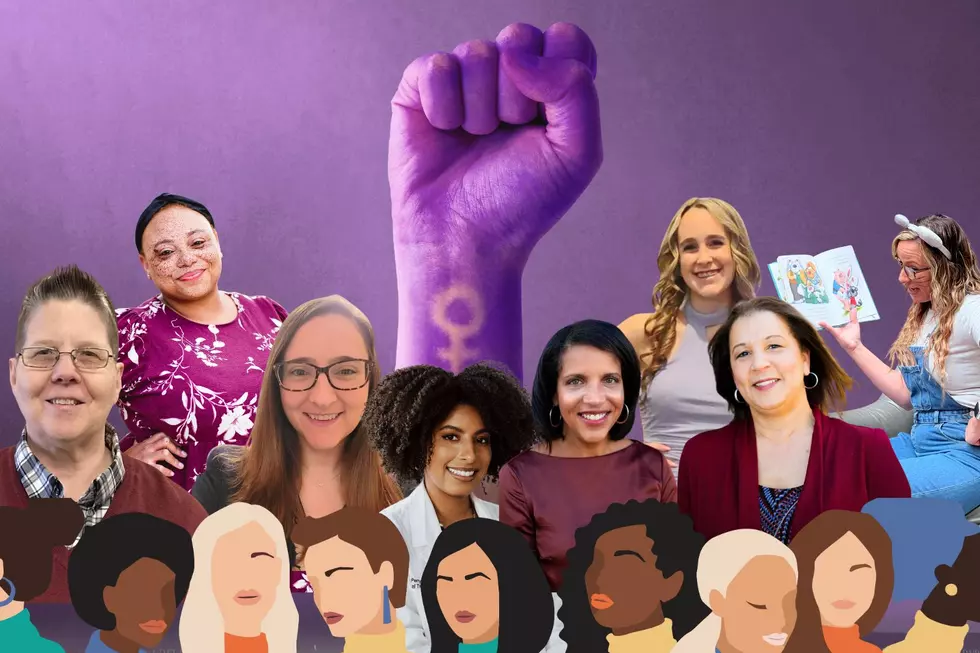
UMass Dartmouth and Bristol County DA’s Office Host Sexual Assault Conference
Dozens of local law enforcement and legal professionals attended a training conference at the University of Massachusetts Dartmouth Claire T. Carney Library Friday morning to explore common issues and challenges related to the investigation and prosecution of sexual assault cases where alcohol is present.
The conference was hosted by the UMass center for Women, Gender & Sexuality (CWGS) and the Bristol County District Attorney's Office. Viktoria Kristiansson, Attorney Advisor at AEquitas, also delivered a presentation on the topic. AEquitas is a resource for prosecutors on violence against women.
Topics discussed included the importance of thorough investigations by law enforcement and prosecutors, working with victims to make them feel comfortable and safe, identifying key pieces of evidence to use during trial and how to navigate around the defense of intoxication.
Massachusetts is one of the few states in the U.S. that allows a defendant to claim intoxications as a defense to a variety of crimes, including homicide and sexual assault.
According to the latest Annual Clery Report, there were 11 reported rapes on the Dartmouth campus in 2014.
The university offers two main paths for survivors of sexual assault: they can file a report with the University's conduct board or with the Department of Public Safety (DPS). They can also pursue both avenues at once.
Dr. Julie Parker, director of CWGS, said it's common for students to choose one or the other, but believes they're more apt to go the University route due to doubts with the judicial process.
"I've had women go through both and then I've had women do nothing," Parker said. "Our goal is to make sure that they've got connections with counseling, that they've been connected to the victim advocate and that they know the full range of their options.
Those options also include the Women's Center, Inc. and a variety of health services.
DPS director Col. Emil Fioravanti said around half of the victims that file a complaint with the conduct board also file a report with his department.
Students also have the option of utilizing the anonymous tip-line. Sexual assaults account for around 1/3 of anonymous tips, according to Fioravanti.
"Even if people don't want to pursue a criminal complaint at that time, at least minimally to make sure we are reporting each and every sexual assault," Fioravanti said.
When investigating a report of assault simultaneously, the university and DPS investigators have protocol in place to work together and share information.
District Attorney Thomas Quinn III said his office will also get involved if requested to help prosecute with the aid of the office's Special Victims Unit investigator.
Parker said a major part of Friday's conference was to begin to build a bridge between the University and the DA's Office.
More From WBSM-AM/AM 1420


![UMass Dartmouth Professor Offers Grim Outlook on Global Hotspots [TOWNSQUARE SUNDAY]](http://townsquare.media/site/518/files/2024/02/attachment-GettyImages-1458232043.jpg?w=980&q=75)






